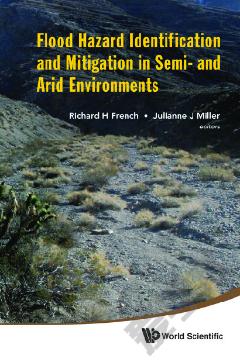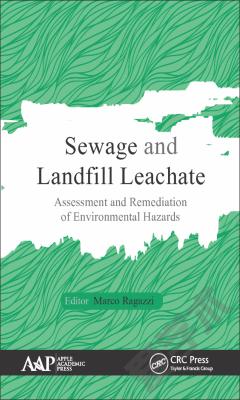Flood Hazard Identification And Mitigation In Semi- And Arid Environments
Alluvial fans are ubiquitous geomorphological features that occur throughout the world, regardless of climate, at the front of mountains as the result of erosion and deposition. They are more prominent in semi- and arid climates simply because of the lack of vegetative cover that masks their fan shapes in more humid areas. From both engineering and geological viewpoints, alluvial fans present particular fluvial and sedimentation hazards in semi- and arid regions because episodic rainfall-runoff events can result in debris, mud, and fluvial flows through complex and, in some cases, migratory channel systems. Further, in semi- and arid climates alluvial fans often end in terminal or playa lakes. Given the uniform topography of playa lakes, these features often present ideal locations for facilities such as airports; however, regardless of the engineering advantages of the topography, the episodic and often long-term flooding of these lakes attracts migratory birds. The purpose of this volume is to summarize the current state-of-the-art, from the viewpoint of engineering, in the identification and mitigation of flood hazard on alluvial fans; and to accomplish this a fundamental understanding of geology is required.
{{comment.content}}








 京公网安备 11010802027623号
京公网安备 11010802027623号